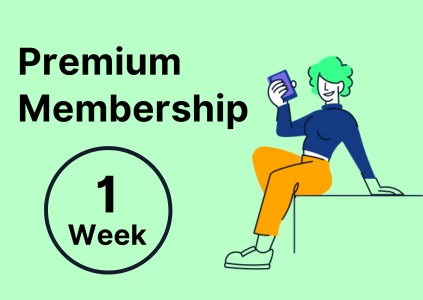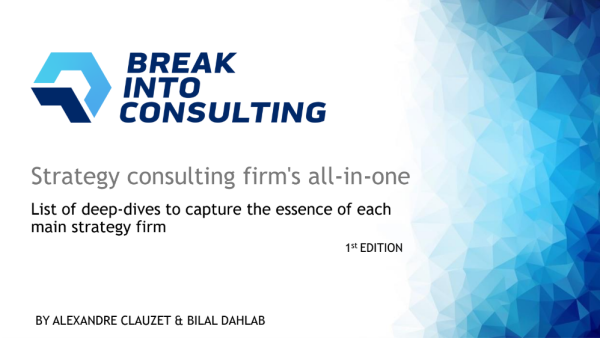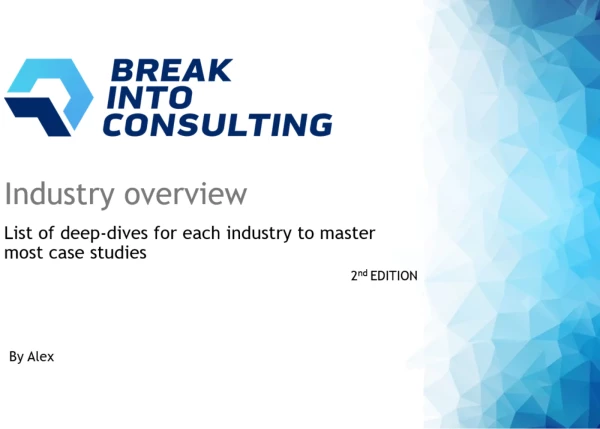How many hours of prep would you say are needed to be ready for a case interview? Assume I am starting from scratch. I know it's different for different people but what was it like for you?
Any broad estimates would be helpful. Also, how did you divide your time between different activities like studying frameworks, practicing cases and so on..?
Thanks in advance!!!






